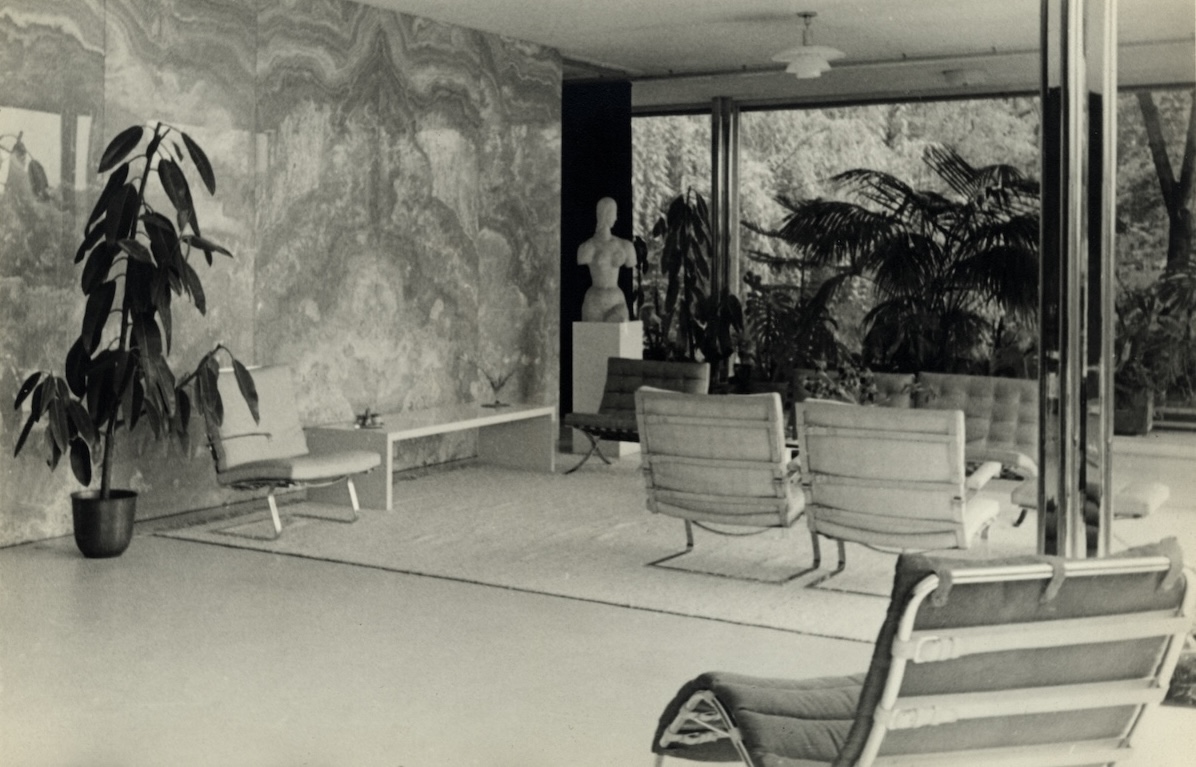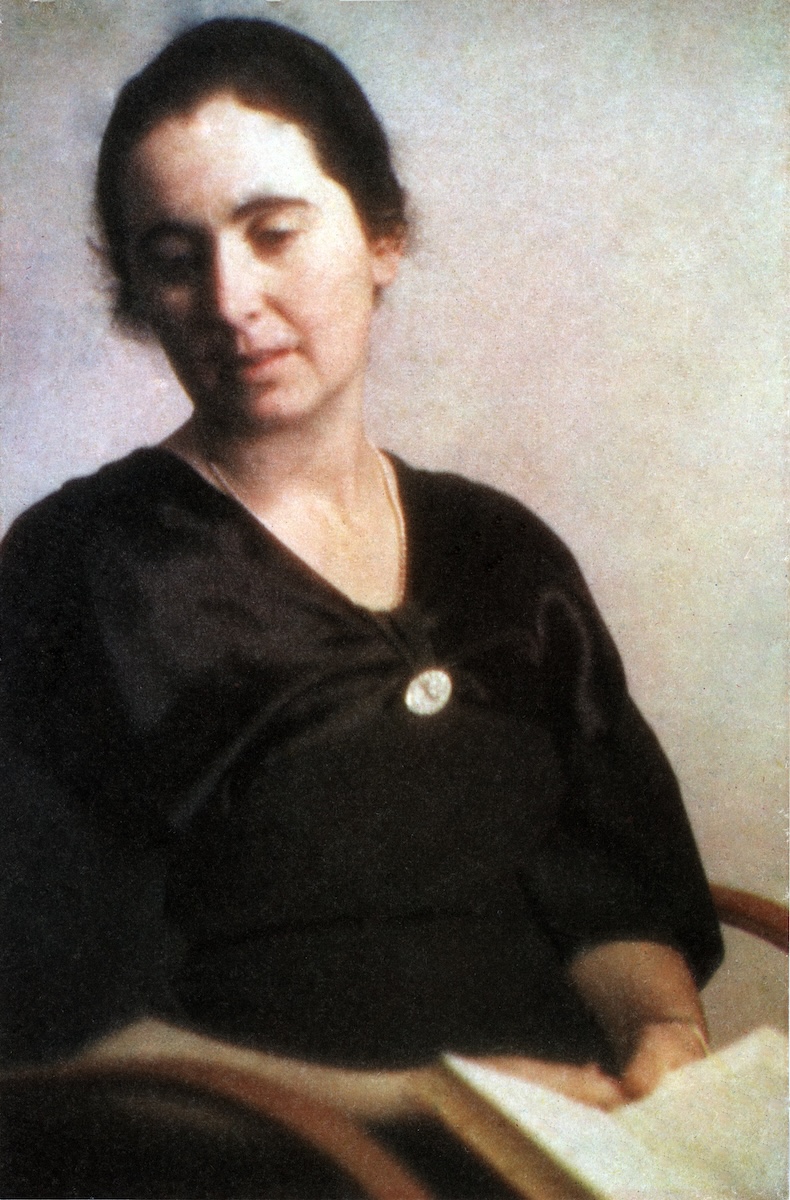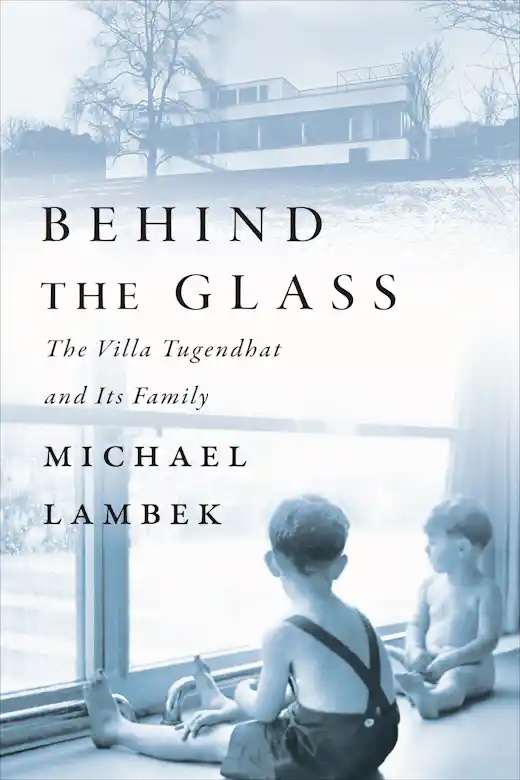

Behind the Glass: The Villa Tugendhat and Its Family
A book talk by Michael Lambek, Toronto (Canada)
December 18, 2024 @ 12:00 pm - 1:00 pm
| FreeIn this book talk, Michael Lambek follows the intertwined history of Mies van der Rohe’s iconic Villa Tugendhat and the family who inhabited it from 1930-1938. Part memoir, part social history, the book traces the family from its origins in a Jewish ghetto to the present day, focussing on the author’s maternal grandmother, Grete Tugendhat who commissioned and championed the house, which is now a World Heritage Site in Brno, Czechia.
Image above: Ludwig Mies van der Rohe, Villa Tugendhat, Brno (Czechia), photo David Zidlicky
The Villa Tugendhat, designed by Mies van der Rohe in 1929, is an icon of architectural modernism in Brno, Czechia. It was also a family home. Centring my account on my remarkable maternal grandmother, Grete Tugendhat, who commissioned, loved, and championed the house, I write about what the house has meant for the family and the family for the house. I recount the social history of the family from a Moravian ghetto to wealthy textile owners, to the contemporary diaspora. The family fled in 1938-9 but Grete conditionally offered the house to the city of Brno in the late 1960s. Eventually the house became a UNESCO World Heritage site and was restored as she had wished. It has become a museum of itself. In 2017 the city invited the family back, raising the question of how they should be represented in the house and what this belated recognition of a Jewish family and house have come to mean for the city itself.

Living room, Villa Tugendhat. Brno (Czechia)


Living room, Villa Tugendhat. Brno (Czechia). Copyright David Zidlicky

Living room, Villa Tugendhat. Brno (Czechia). Copyright David Zidlicky

Grete Tugendhat, 1940. Bromine oil print.

Michael Lambek is Professor and Canada Research Chair emeritus of Anthropology at the University of Toronto and former Professor at the London School of Economics. He has carried out ethnographic research in Madagascar, the Comoro Archipelago, and Switzerland, writing on questions of religion, ethical life, historicity, memory, healing, and kinship. In 2019 he delivered a Tanner Lecture to the Philosophy Department at the University of Michigan. He is the author of 8 books and 9 edited collections.
His book “Behind the Glass: The Villa Tugendhat and Its Family” was published by University of Toronto Press in 2022.
You will receive a 25% discount on the hardcover and e-book formats with the code Lambek25.


